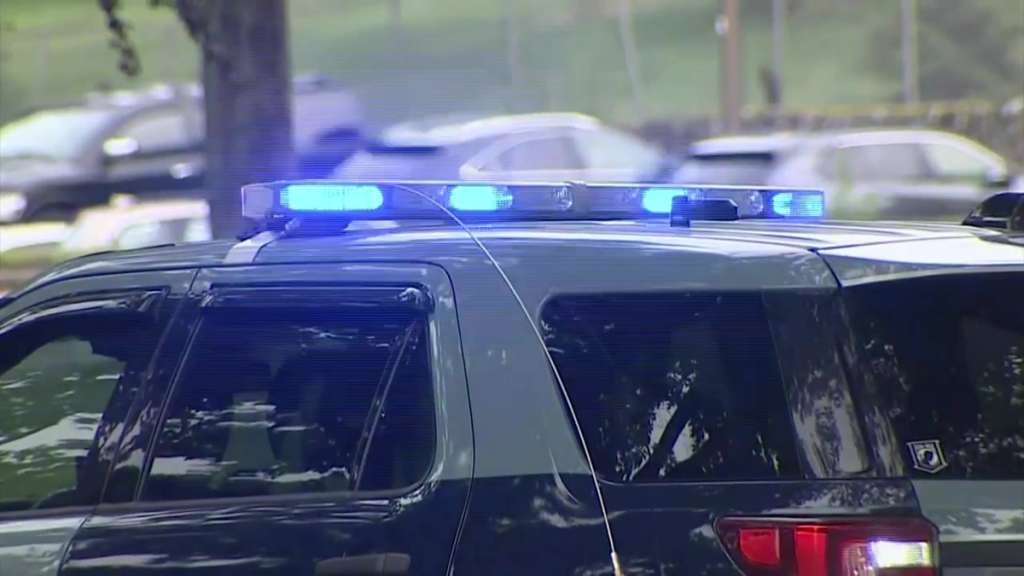BOSTON (AP) — A study of traffic stops by police in Massachusetts found no evidence of racial disparity in the decision to pull over drivers, although Hispanic and Black motorists were more likely than white drivers to receive a criminal citation while white drivers were more likely to get off with a warning.
The report looked at more than 425,000 traffic stops during 10 months in 2020, with municipal police conducting approximately 60% of the traffic stops that were studied.
The statewide analysis found that of the drivers stopped, 65% were male, 34% were female, and about 1% were nonbinary. The mean age of stopped drivers was 37 years old, with 39% age 29 or younger and 61% age 30 or older.
White drivers accounted for 65% of traffic stops, while Black motorists accounted for 16%. Hispanic drivers represented 15% of stops, and 4% were determined to be either Asian, Asian-Pacific, American Indian, Middle Eastern, or Pacific Islander. Nearly 68% of drivers stopped were not residents of the community where the stop occurred.
Researchers applied what they described as the “Veil of Darkness” analysis to study the racial distribution of traffic stops. The method, first developed in 2006, compares stops made in darkness to those made in daylight, based on the logic that police officers are less likely to be able to determine a driver’s race at night than during the day.
The statewide analysis found “no support for patterns of racial disparity in traffic stops.” Nonwhite motorists are 36% less likely to be stopped in daylight — when they could potentially be seen and racially profiled for a stop — than in darkness, the report found.
The study also found that Hispanic motorists, followed by African American/Black motorists were most likely to receive a criminal citation during a traffic stop while white motorists were least likely to receive a criminal citation and were more likely to be let off with a warning.
Of the more than 280 police agencies with enough stops to obtain meaningful analysis, researchers found that nonwhite drivers were more likely to be stopped during the day than night in three instances: the Massachusetts State Police Troop H-3 in Foxboro and the Hadley and Ludlow police departments.
Researchers caution that disparity in those cases could stem from several factors, including whether the stop was discretionary or due to a radio call, motorist behavior, or the triggering offense.
“This baseline research should serve as a starting point for deeper understanding, continued discussions, and further reflection. We caution that our findings do not confirm racial profiling and any incidents of statistical significance could have a variety of explanations other than officer bias,” Salem State researcher Gina Curcio said in a statement.
The state Executive Office of Public Safety and Security contracted with Salem State University to conduct the study.
A 2019 law that mandated the hands-free use of cell phones also required the state to conduct an annual analysis of police traffic stop data to determine whether nonwhite drivers are more likely to be pulled over by police in Massachusetts.
(Copyright (c) 2024 The Associated Press. All Rights Reserved. This material may not be published, broadcast, rewritten, or redistributed.)

